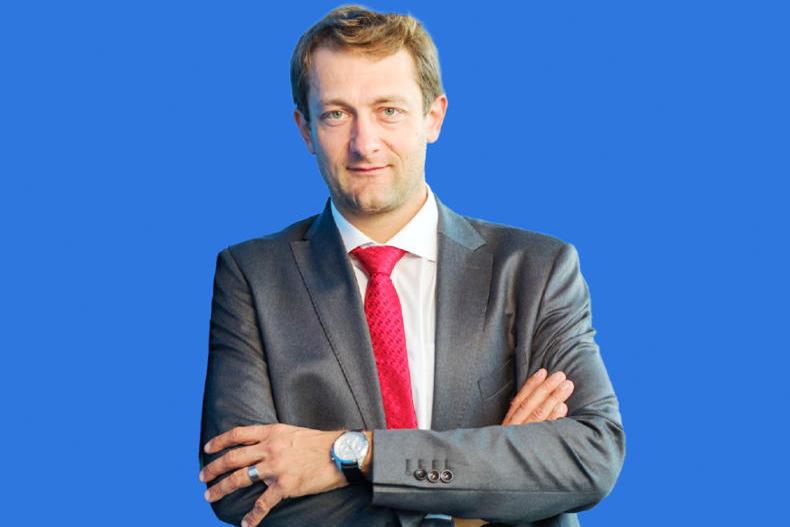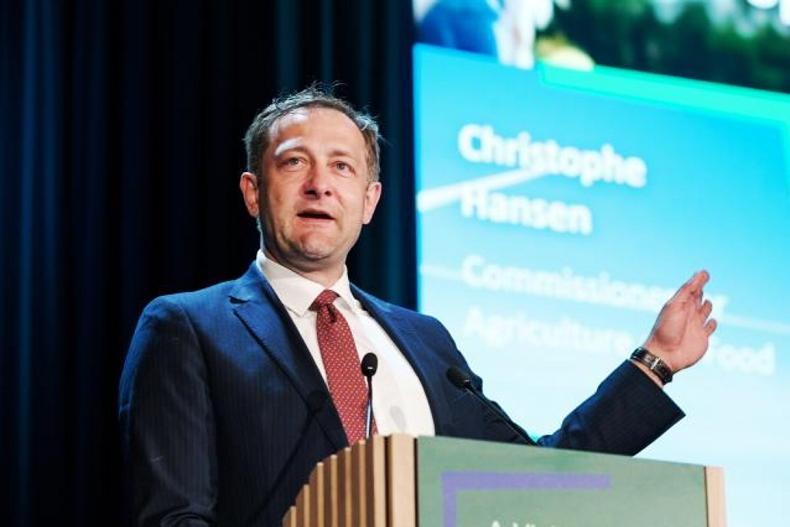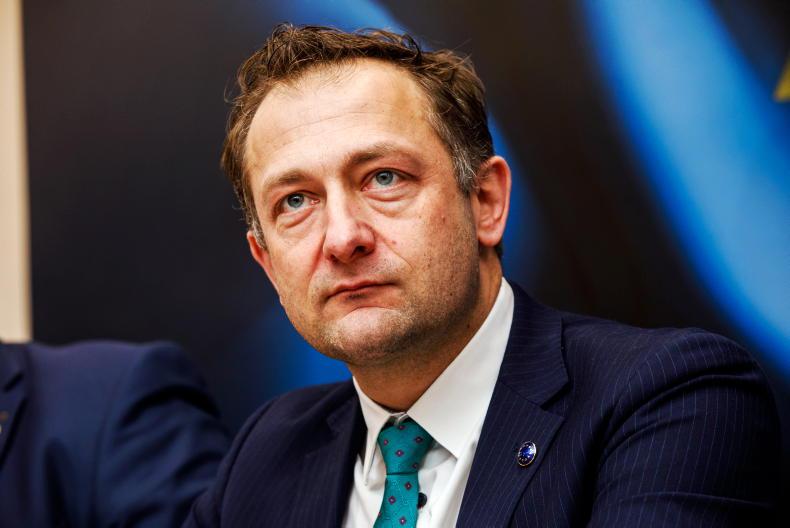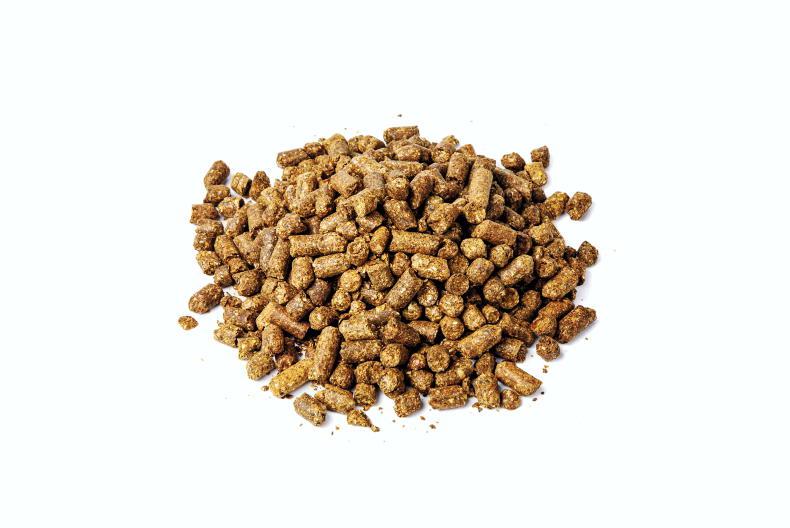The next European Commissioner for Agriculture has said supporting young farmers will be at the centre of his tenure.
Ahead of a hearing in which he will be questioned by the Committee on Agriculture and Food, commissioner-designate Christophe Hansen said generational renewal will be at the centre of his vision for agriculture and food.
“Creating the conditions to turn the trend of lagging generational renewal, by making sure that farming remains a viable and attractive vocation decades from now, will be the central tenet of my vision," he said.
“The most recent figures show that only 12% of all farm holdings in the EU are managed by farmers under the age of 40. We need bold action to sustain the future of farming for generations to come.
“We must ensure that the next generation can continue to find fulfilment in their farming activity providing high-quality food, with production systems where nature and agriculture go hand in hand,” he said.
The vision for agriculture and food has to be completed within 100 days of Hansen assuming his position of commissioner for agriculture.
Income
Luxemburg’s Hansen also said that farmers earn lower than the EU average wage, which impacts their ability to reinvest in their enterprise, particularly with regard to adapting new environmental measures.
“This lopsided situation must change. Farmers must get a better revenue from the market, allowing them also to make the necessary investments to future proof and render their farms more resilient,” he said.
The commissioner-designate added that all sources of income must be drawn on, including from the market, public and alternative incomes streams, including carbon farming.
“The ultimate aim of our policy must be to ensure that the market rewards farmers more appropriately, while protecting our soils and environment to ensure that the basis for agriculture will be sustained for the generations to come.
“Evidently, support through the CAP remains essential to support farmers, reward them for ecosystem services and compensate for work in areas with natural constraints, as well as to support investments into climate mitigation, adaptation and compliance with environmental obligations,” he said.
Expanding on his vision for CAP, Hansen said it needs to be simpler and more targeted, delivering “socio-economic support to those farmers who need it most, notably small-scale farmers”.
Hansen also pledged to improve farmers’ ability to negotiate a fair price by strengthening their bargaining power and minimising the risk of systematically being forced to sell below production costs.
He said this would be done by allowing producer organisations and their associations to join up, proposing amendments to the common market organisation regulation to strengthen the producers’ position in the negotiation and contracts for the supply of agricultural products.
EU enlargement
Responding to a written question on enlargement of the EU, Hansen said the new member states could strengthen the EU as a global agricultural actor, enhance the union’s role in supporting global food security and significantly increase the its autonomy in food, feed, biomass and soil.
However, the commissioner-designate added that while there will be challenges, this is not the first time the future of CAP in an enlarged union needs to be considered.
“This was previously achieved by adjusting EU policies ahead of accession, notably by a rigorous accession process ensuring enlargement countries are fully prepared in advance of accession and through targeted assistance.
“This approach has contributed to closing the gaps between old and new member states. Formal EU accession did not come as a disruptive shock to new and existing member states, but as a further stage in a smooth integration of new member states into the EU’s policies and budget,” he said.
Livestock
On the future of livestock farms across the EU, Hansen said livestock is a crucial pillar of the EU’s agri-food system.
“When it is based on family-run farms, it can play a pivotal role in maintaining rural vitality. In mountainous regions or areas with natural constraints, livestock farming is often the only viable economic activity.
“Without it, these areas could face land abandonment, greater depopulation, loss of employment and economic stagnation,” he said.
However, Hansen added: “At the same time, livestock farming has well-known climate and environmental impacts on water, air, soil and nature that we need to address.”
The commissioner-designate said he intends to provide livestock farms a framework under CAP, in coherence with other policies, in particular relating to climate and environment.
As commissioner-designate for agriculture and food, Hansen will be questioned by his committee in the European Parliament before the entire lineup is put to a vote of all MEPs over the coming weeks.










SHARING OPTIONS